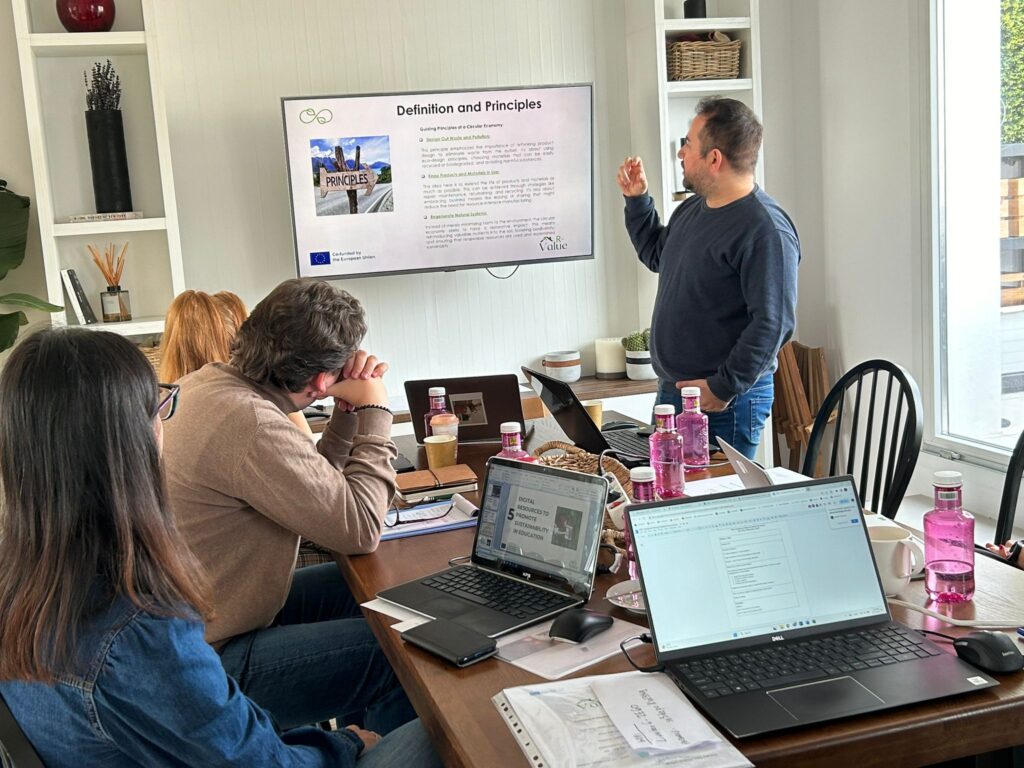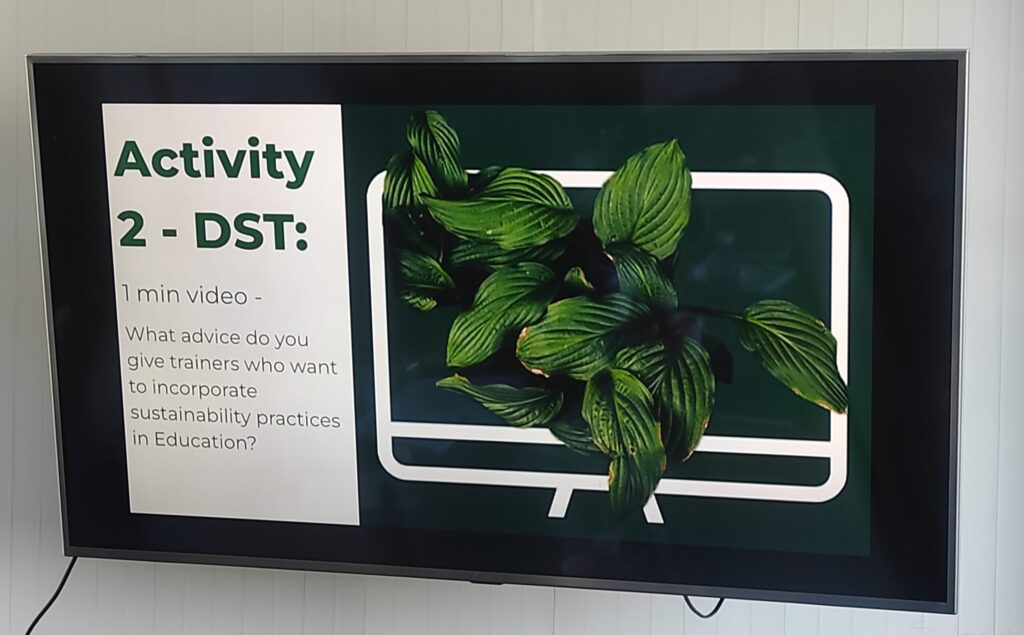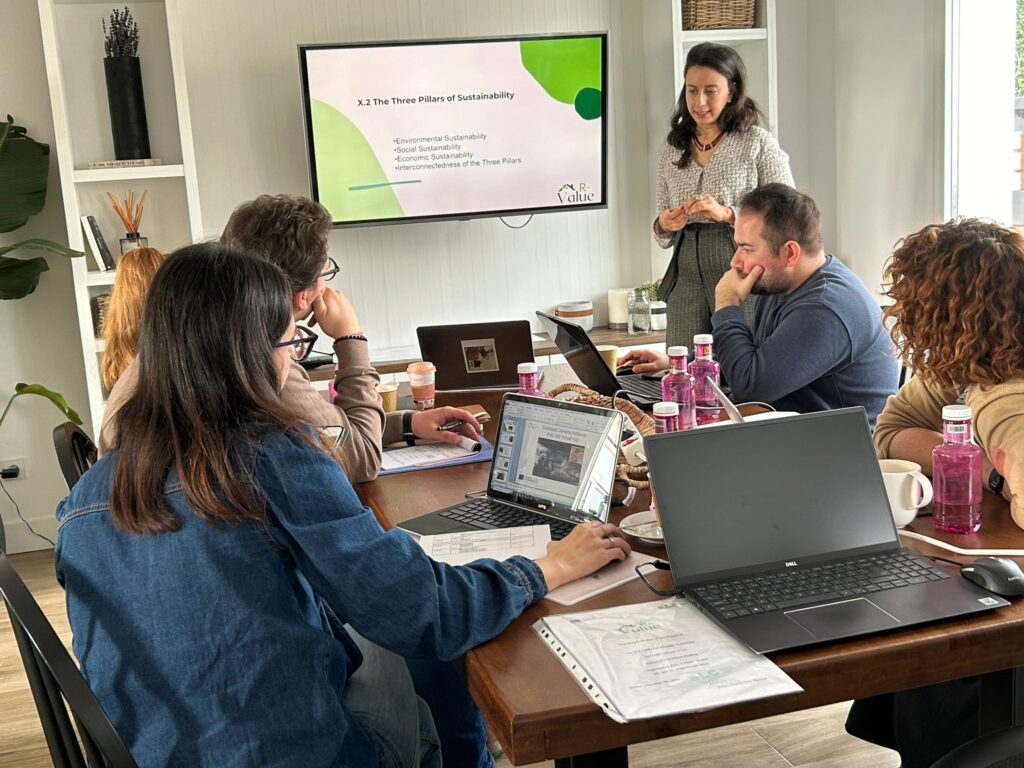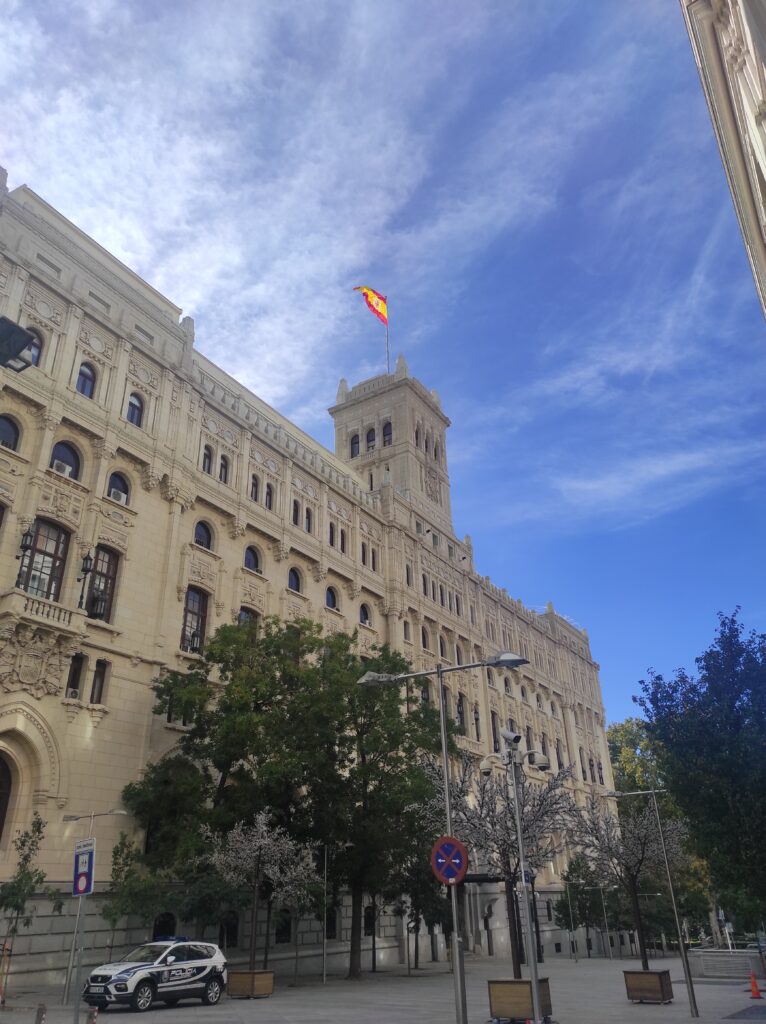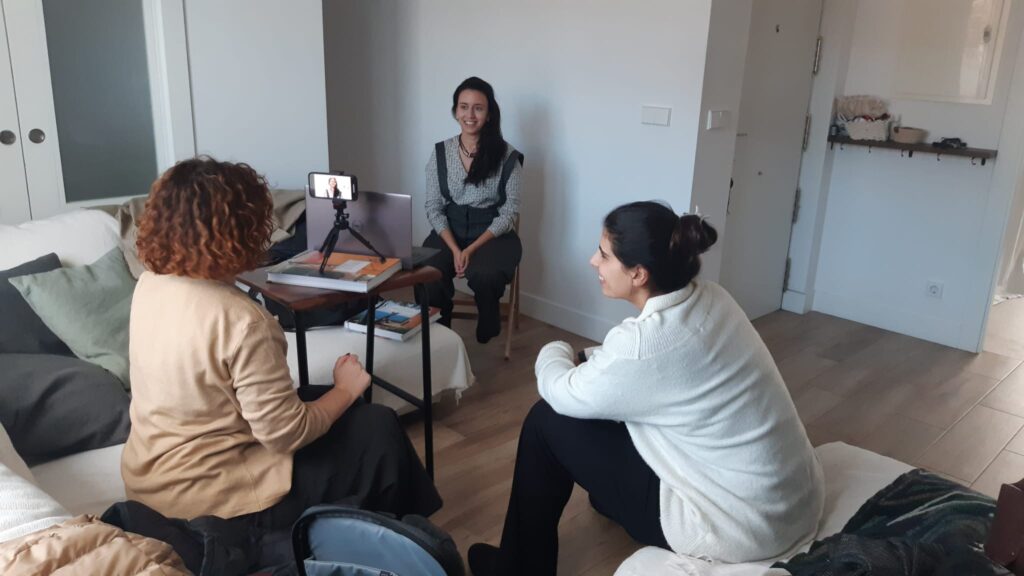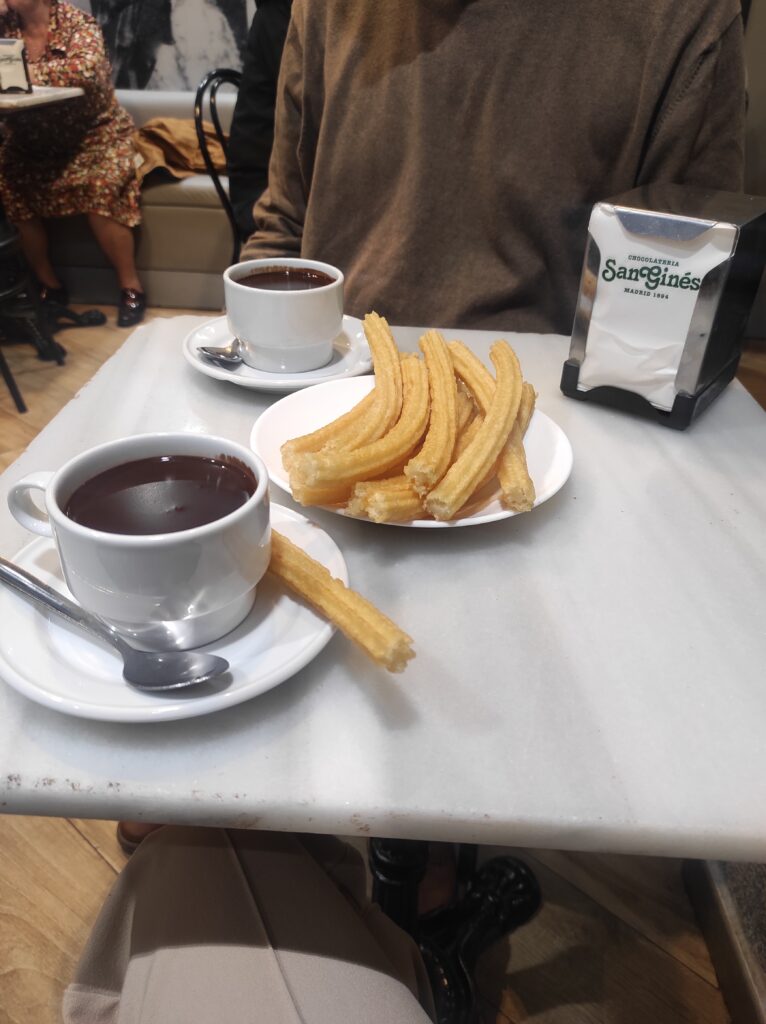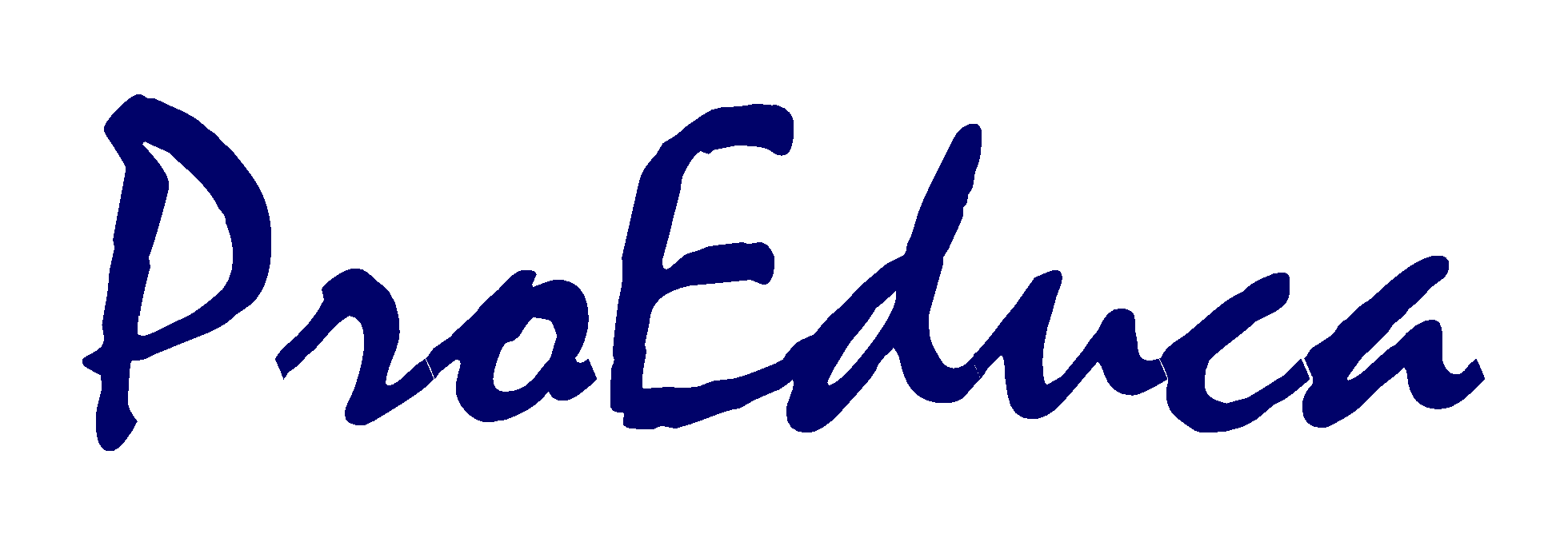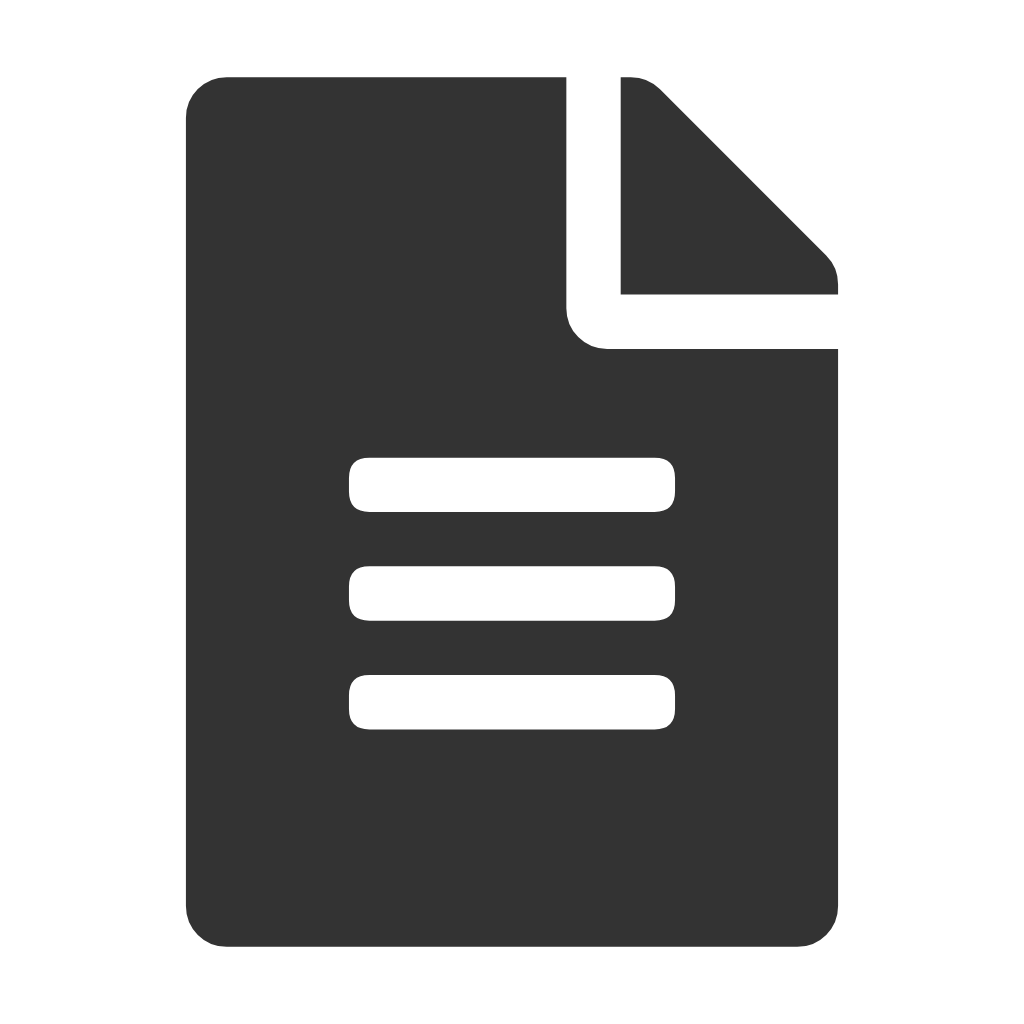R-ValuE: Promoting R-Valuation of Second-hand Use
2022-1-ES01-KA220-SCH-000087944
Erasmus+
2022-2024
Project Bio
"What does sustainability mean? How can I be sustainable?"
These are questions often asked in classrooms when talking about sustainability and the environment. Students, often young ones, are the ones to bring up questions which are essential
to understanding our impact in the environment. The R-ValuE project challenges one of the most important aspects of implementation and sustainability - providing practical and easy-to-apply
practices which have a direct impact in sustainability.
The European Commission stated that the world currently generates 2.01 billion tonnes of municipal solid waste annually, with at least 33 percent of that — an extremely conservative figure —not managed in an environmentally safe manner. Worldwide, waste generated per person per day averages 0.74 kilogram but ranges widely, from 0.11 to 4.54 kilograms (Eurostat).
These numbers are alarming and really impactful and beg the question - how can I make changes in my everyday life that have a purposeful effect?
The damaging effects that humans have on the environment has been shown and proven over and over. In fact, the recent coronavirus pandemic has clearly demonstrated how well our environment does when human destructive activity is reduced. Despite the obvious negative consequences of COVID, a clear positive side-effect was that most people became aware of how we are all interconnected and especially with nature. As countries begin to open up again, it is the perfect time to reconsider the importance of addressing global environmental issues.
One of the main pillars of our society is education. In fact, it is within the educational system that changes can be made in order to approach environmental sustainability through tangible
changes. The R-ValuE project proposes an innovative, practical approach to promote sustainability in classrooms. The main aims are raising awareness on important environmental issues that need to be addressed which will consequently have a ripple effect, where students who take part in the project continue the process of educating their own families and friends.
All partners in this project undoubtedly believe that we need to address environmental sustainability in our schools and that students need to truly understand environmental
issues such as climate change, the circular economy model (reduce, reuse, recycle and refuse practices). Younger generations are the future, if we expose them to these important environmental issues from a young age, get them involved, ask them to tell us their stories, it will increase the chances of a paradigm shift which will empower them and make them feel that they are important players to improve the present situation. In fact, these young students will be future parents,
stakeholders, perhaps even policy makers, and it is our mission to face this challenge in a constructive, positive way.
Project Objectives
The main, long-term goal of the R-valuE project is to introduce environmental sustainability in the school curricula, and make it a pillar of the education system, which will in turn have a direct positive impact on the environment.
We propose to create a series of resources that can be integrated into formal curriculum, but most importantly, into everyday lives. Our desired outcome of the project is to create a multinational community of people who take an active role in the promotion of environmental change. We want to facilitate the inclusion of environmental sustainability topics in the school curricula, in a way that is fun, interactive, and incites students to keep learning and take responsibility for their actions. One of R-valuE’s main objectives is to bridge the gap between knowledge and actions concerning sustainability in the younger population. This will be done by student-led approaches and using different tools throughout the project.
R-ValuE intends to increase awareness about environmental sustainability in students starting from early stages in education. We plan to do it in an organic and personal way: focusing on the main current global environmental issues, while using students’ personal digital stories.
During this project, students and teachers from schools in Spain, Poland, Turkey, Italy, Cyprus and Czech Republic will be encouraged to take active action outside the classroom. As a reference, the Pachamama Alliance (www.pachamama.org), an environmental conservation organisation, describes four levels of societal action to generate change regarding the climate crisis:
- Individual: recycling at home, using public transport, family and friends
- Community and local institutions: raising awareness in schools and local communities
- Changing policy and economic measures: the “Paris Agreement” or the Kyoto Protocol to reduce climate change).
RValuE is committed to eco-education by having students learn what they can do on an individual and community level; for example creating their own green edu-games, initiating school gardens, growing their own food, generating compost, recycling at school and at home, restoring local degraded areas, and many other innovative ideas. These ideas will be created by students from 5 EU schools, shared with other students with the end goal of creating an active learning space for the participants.
Partnerships
- Archivio della Memoria (AdM), Italy
- Center for Social Innovation (CSI), Cyprus
- Danmar Computers, Poland
- European Learning Centre (ELC), Spain
- ProEduca, Czech Republic
- SBTC, Turkey
Project Outputs
The main outputs of the ACCESS project are as follows:
- What is Green? Investigation and Methodological eBook: the R-ValuE Methodology Framework will be presented as an eBook and will include a literature review, analysis and evaluation of existing learning and teaching national examples on how to educate for sustainable development (environmental) goals, (SDGs). This outcome aims at building and sharing knowledge and gaining practice on how to integrate these SDGs into the present school curricula.
- Integrating Sustainable Practices in School: This outcome involves the creation of a flexible and adaptable curriculum that can be used in different countries and contexts, and which outlines what constitutes principled practice in the teaching of a broad range of sustainability development topics in the context of schools.
- “Practice Green” Toolkit: The "Practice Green" Toolkit directly relates to the development of new skills and green practices. In practice, a set of innovative and customisable resources and tools, which will enable practitioners in different countries, contexts, and levels of qualifications to develop their own teaching materials for the effective realisation of the project’s objectives will be created. The toolkit will be available online, with the option to be downloaded and printed only when necessary. The resources will be based on key principles of school literacy education.
- GOER Platform and Online Newsletter: The GOER platform will promote the use of green practices and raise awareness on the importance of incorporating Green Practices in Schools. In addition it will allow students to be the leaders of change for the future, bridge the gap between knowledge and action and allow for the sharing of ideas and promote conversation amongst young communities across Europe.
Project outputs will be available to the public as open source in November 2024.
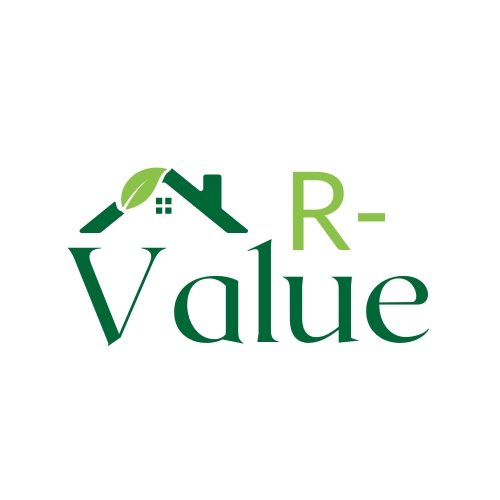
CONTACT US
Please, send us a message if you want to hear more about this or any other of projects. We will contact you as soon as possible!
Please, review our Privacy Policy for more information on our privacy practices, and how we protect and respect your privacy.
Check out our Facebook page to find out more
Follow us on Instagram
![]()
Partner Training Event in Madrid, Spain
